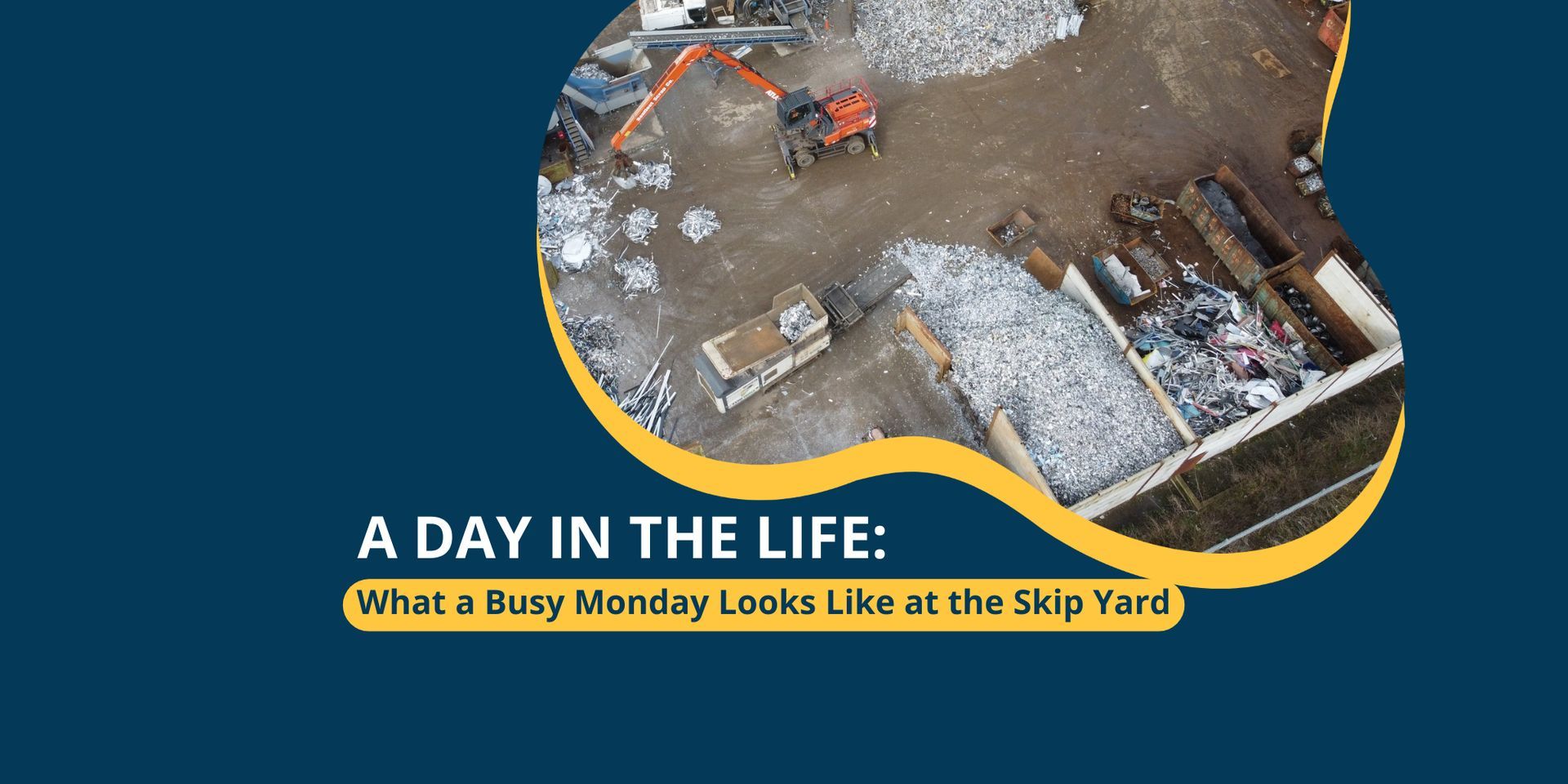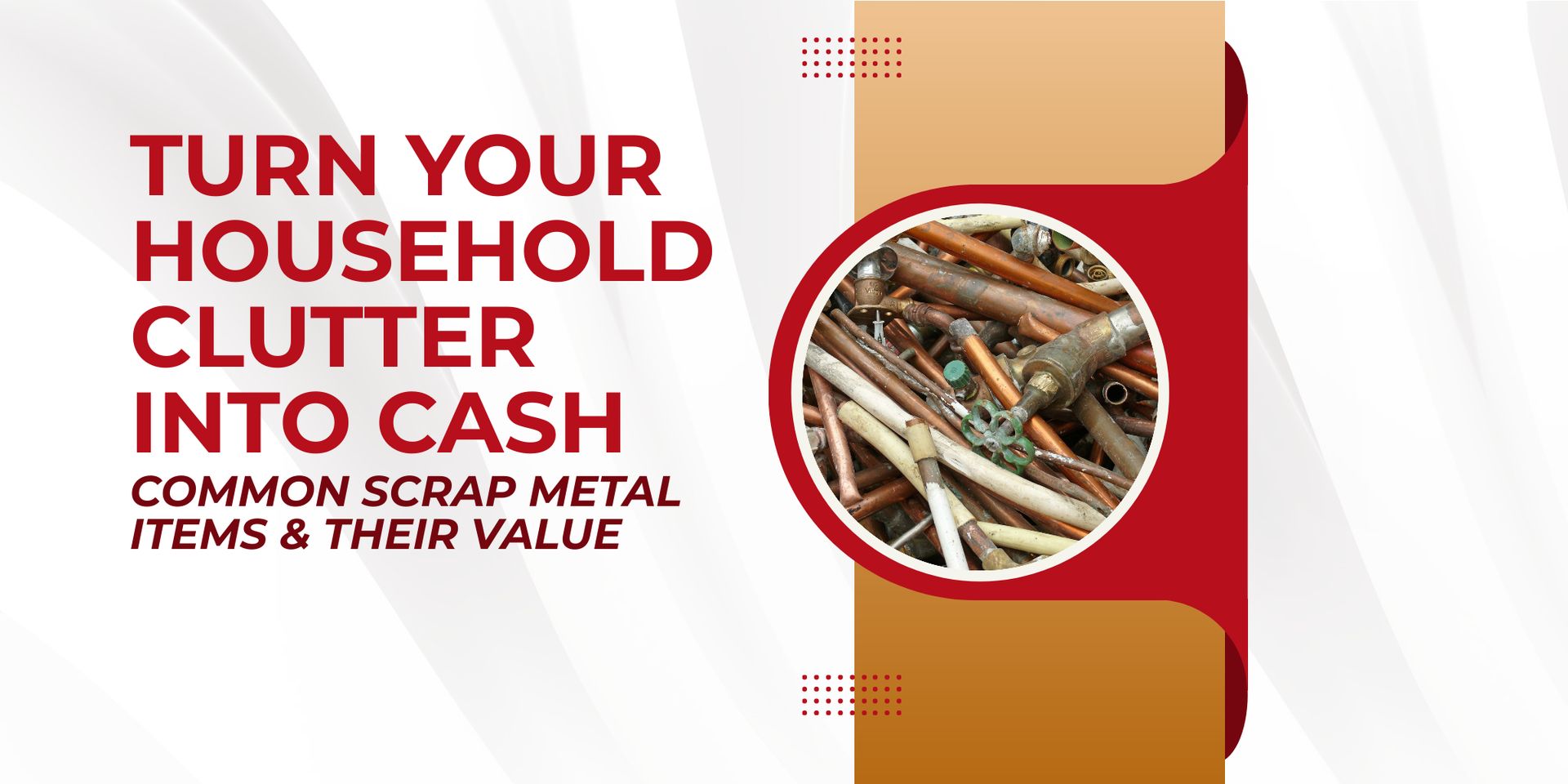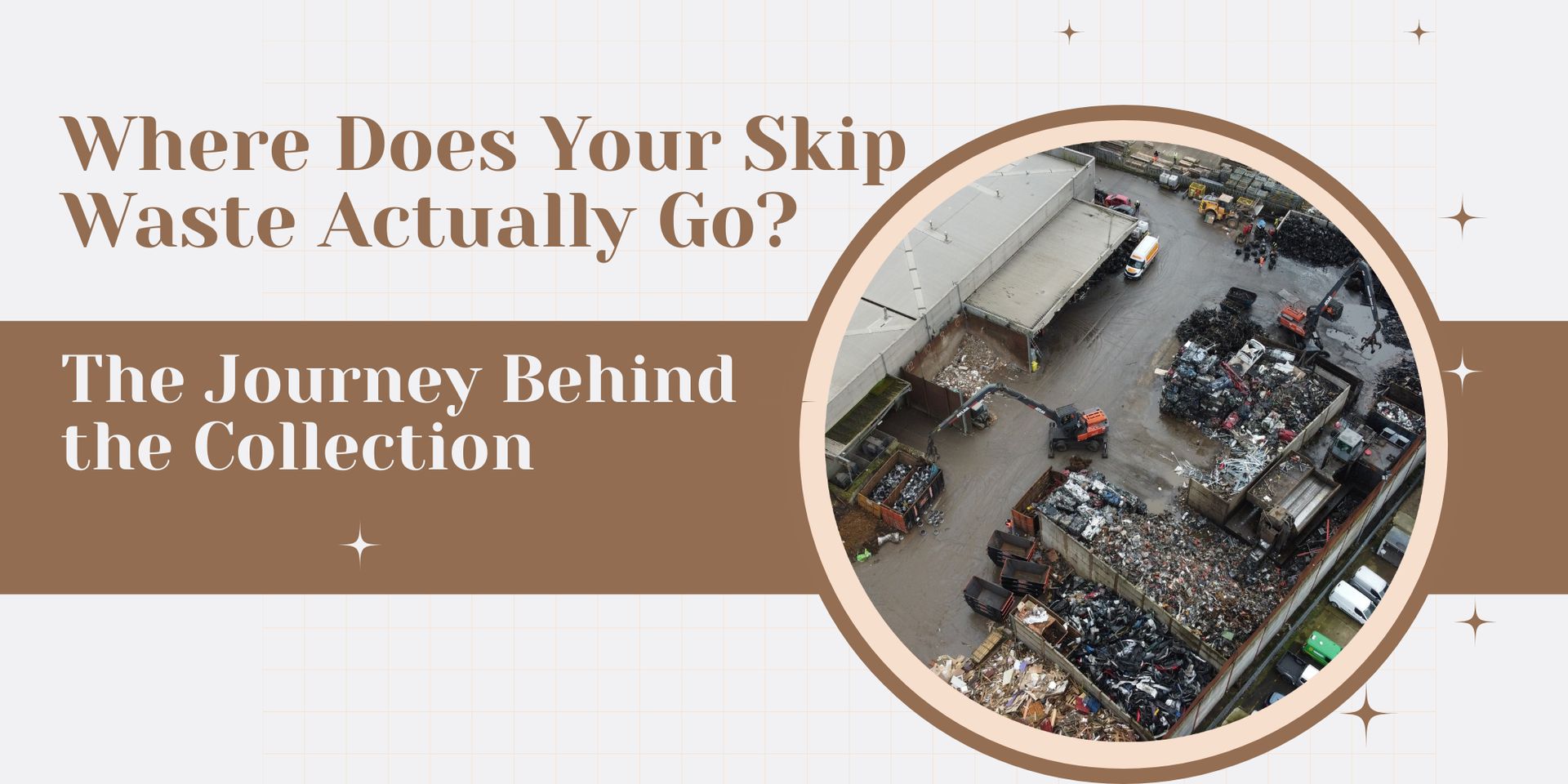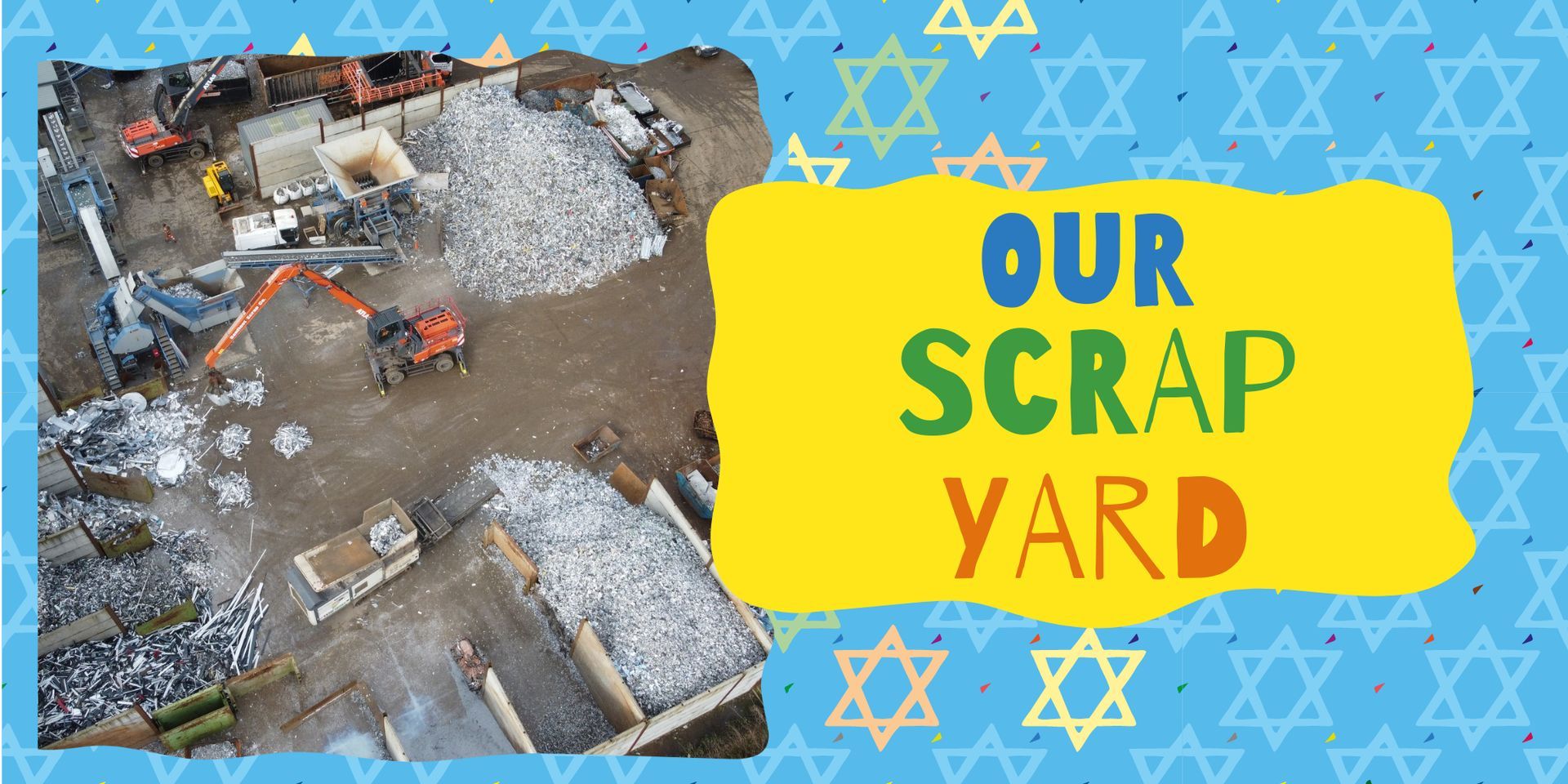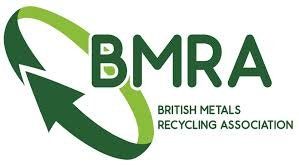Understanding the Differences Between Ferrous and Non-Ferrous Metals
Here's the differences between these two types of metals
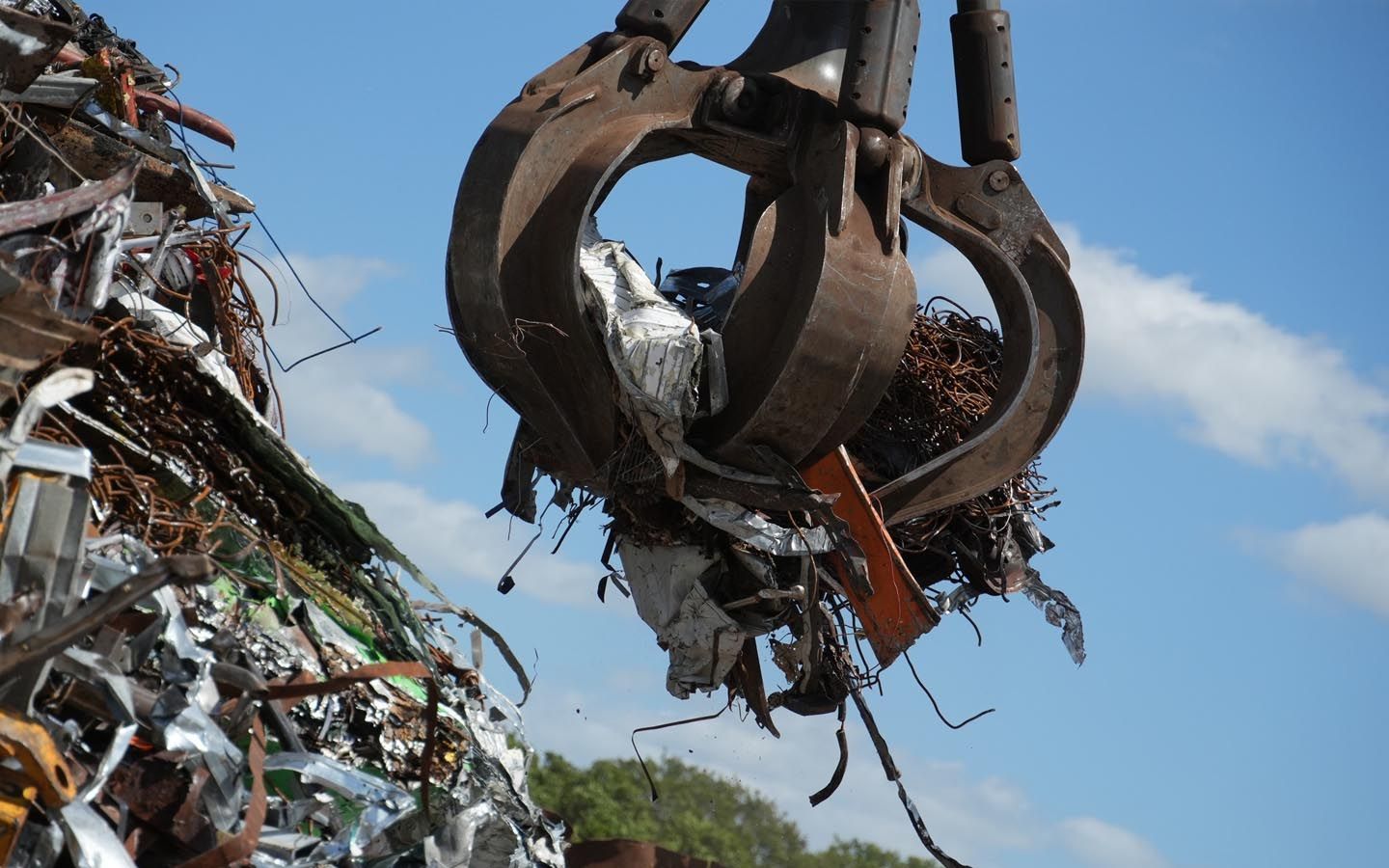
At Benfleet Scrap, we deal with various types of metals daily, helping businesses and individuals recycle and make the most of their scrap materials.
One of the most important distinctions in metal recycling is between ferrous and non-ferrous metals. Each has unique characteristics, uses, and recycling benefits, making them essential in a wide range of industries.
Here, we’ll explore the differences between these two types of metals and why it matters in recycling:
What Are Ferrous Metals?
Ferrous metals contain iron, which gives them their characteristic strength and durability. They are typically magnetic and are commonly used in construction, automotive, and manufacturing due to their sturdiness.
However, ferrous metals are also prone to rust when exposed to moisture, especially if not treated. Common examples of ferrous metals include:
Steel:
Widely used in construction and automotive industries for its strength and versatility.
Cast Iron:
Found in heavy-duty applications like pipes, automotive parts, and machinery.
Wrought Iron:
Known for its malleability and used in fencing, gates, and decorative pieces.
The magnetic property of ferrous metals makes them easy to identify and separate during recycling, and they’re among the most recycled materials globally. Despite their vulnerability to rust, ferrous metals can be treated with coatings or alloys to prevent corrosion, extending their useful life.
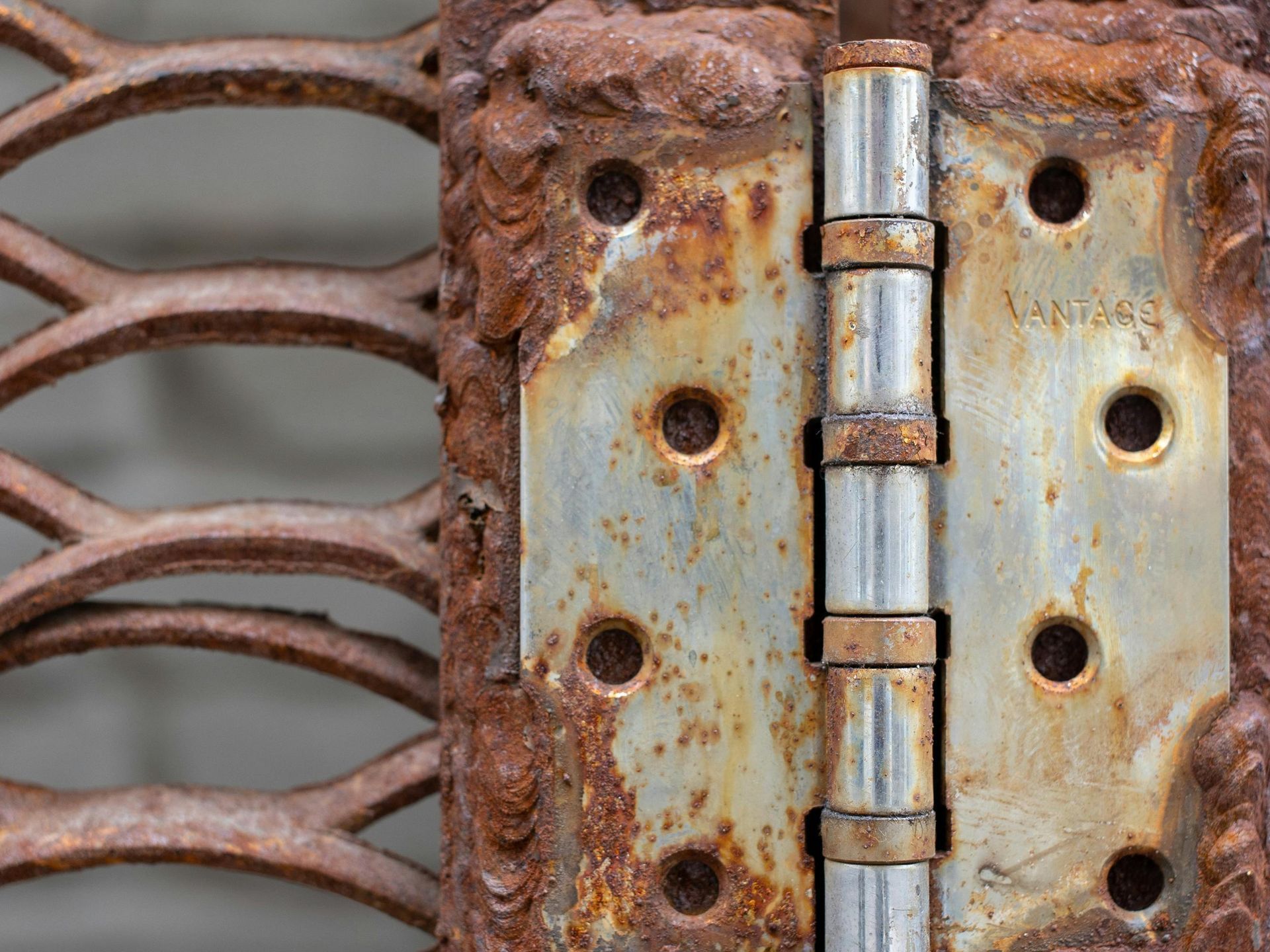
What Are Non-Ferrous Metals?
Non-ferrous metals, on the other hand, do not contain iron. This absence of iron gives them two main advantages: they are generally resistant to rust and corrosion, and they tend to be lighter than ferrous metals. This makes non-ferrous metals ideal for applications where weight, conductivity, and resistance to corrosion are essential. Some common examples include:
Aluminium:
Lightweight and resistant to corrosion, aluminium is widely used in aerospace, transportation, and packaging.
Copper:
Known for its excellent electrical conductivity, copper is used extensively in electrical wiring, plumbing, and electronics.
Brass:
An alloy of copper and zinc, brass is durable and often used in musical instruments, fittings, and decorative applications.
Lead:
With a high density and resistance to corrosion, lead is used in batteries, radiation protection, and roofing materials.
Non-ferrous metals are generally more valuable than ferrous metals due to their unique properties, especially in recycling. They don’t degrade during the recycling process, allowing them to be reused indefinitely without losing quality.
Key Differences Between Ferrous and Non-Ferrous Metals
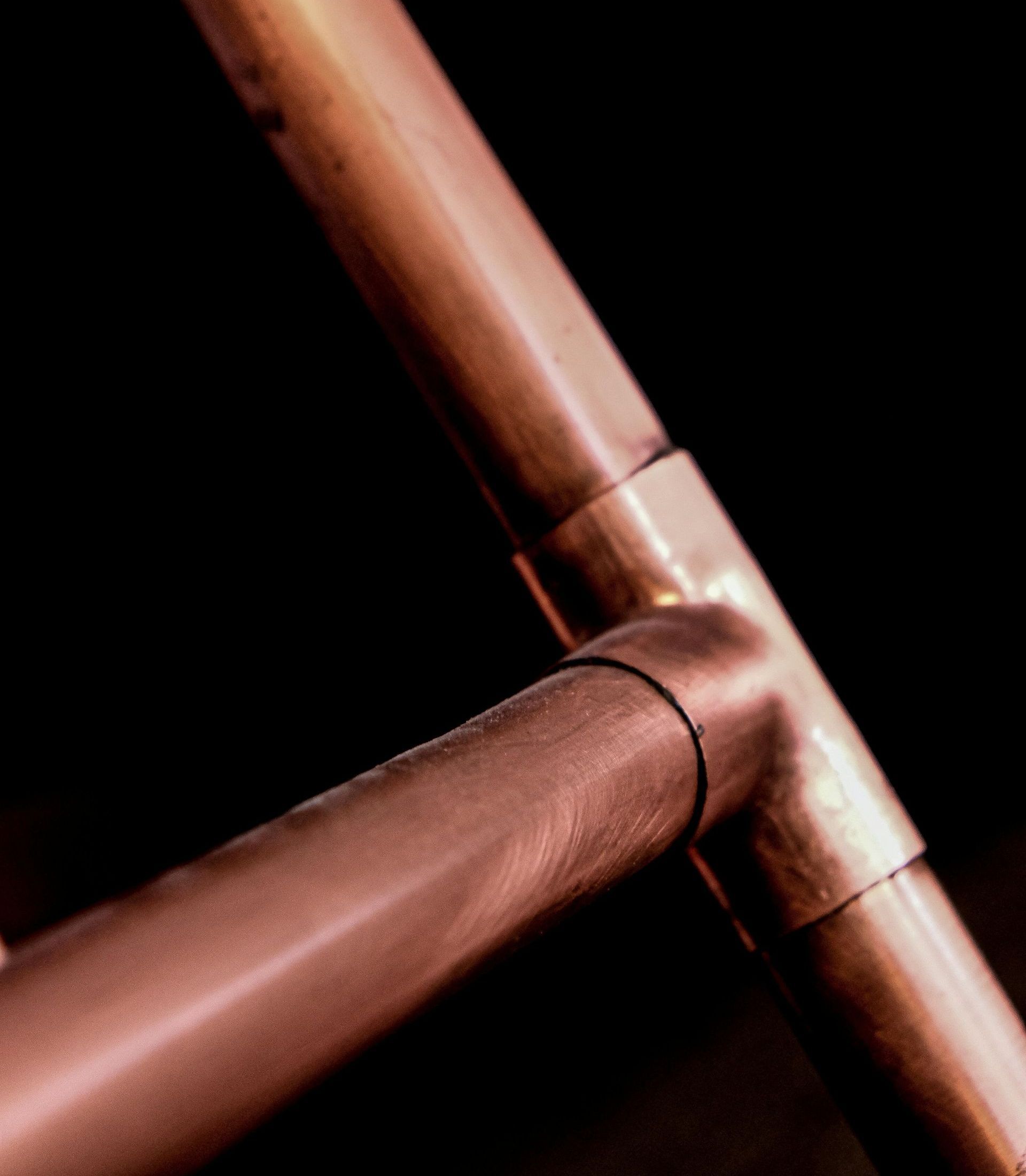
1. Iron Content:
Ferrous metals contain iron, while non-ferrous metals do not. This impacts characteristics like magnetic properties and susceptibility to rust.
2. Magnetism:
Ferrous metals are typically magnetic, making them easy to sort in scrap yards, whereas non-ferrous metals are not magnetic.
3. Corrosion Resistance:
Non-ferrous metals are more resistant to rust and corrosion, making them ideal for outdoor applications or in environments with high moisture.
4. Weight and Strength:
Ferrous metals are generally stronger but heavier, making them suitable for heavy-duty applications. Non-ferrous metals, being lighter, are preferred for applications where weight is a concern, such as in the aerospace and transportation industries.
5. Value:
Non-ferrous metals are often more valuable than ferrous metals due to their unique properties, such as conductivity and corrosion resistance, which are in high demand in industries like electronics and construction.
Recycling Ferrous and Non-Ferrous Metals at Benfleet Scrap
At Benfleet Scrap, we make recycling easy and efficient for both ferrous and non-ferrous metals. Recycling metal not only conserves natural resources but also reduces energy consumption and pollution, making it an environmentally friendly choice. Whether you’re clearing out scrap from a construction site or have metal from household projects, we provide a straightforward, professional recycling service with competitive rates.
We use advanced sorting techniques to accurately distinguish and process ferrous and non-ferrous metals, ensuring that each type of metal is recycled correctly. For ferrous metals, our magnetic separators quickly identify materials containing iron, while non-ferrous metals are sorted by their distinct properties.
Our dedicated team ensures that every scrap metal we handle is prepared for efficient, eco-friendly recycling, helping keep valuable resources in circulation and out of landfills.
Why Understanding the Difference Matters
For businesses and individuals, knowing the difference between ferrous and non-ferrous metals can help you maximise the value of your scrap.
Non-ferrous metals generally fetch higher prices due to their durability and widespread demand across many industries, while ferrous metals are continuously recycled due to their prevalence in construction and manufacturing.
If you have scrap metal to recycle, Benfleet Scrap is here to help. Let’s work together to make recycling easy, profitable, and environmentally responsible.
If you have a question about this blog (or any of our other blogs) then please do not hesitate to get in touch.
We will always try and answer your question quickly and professionally.


